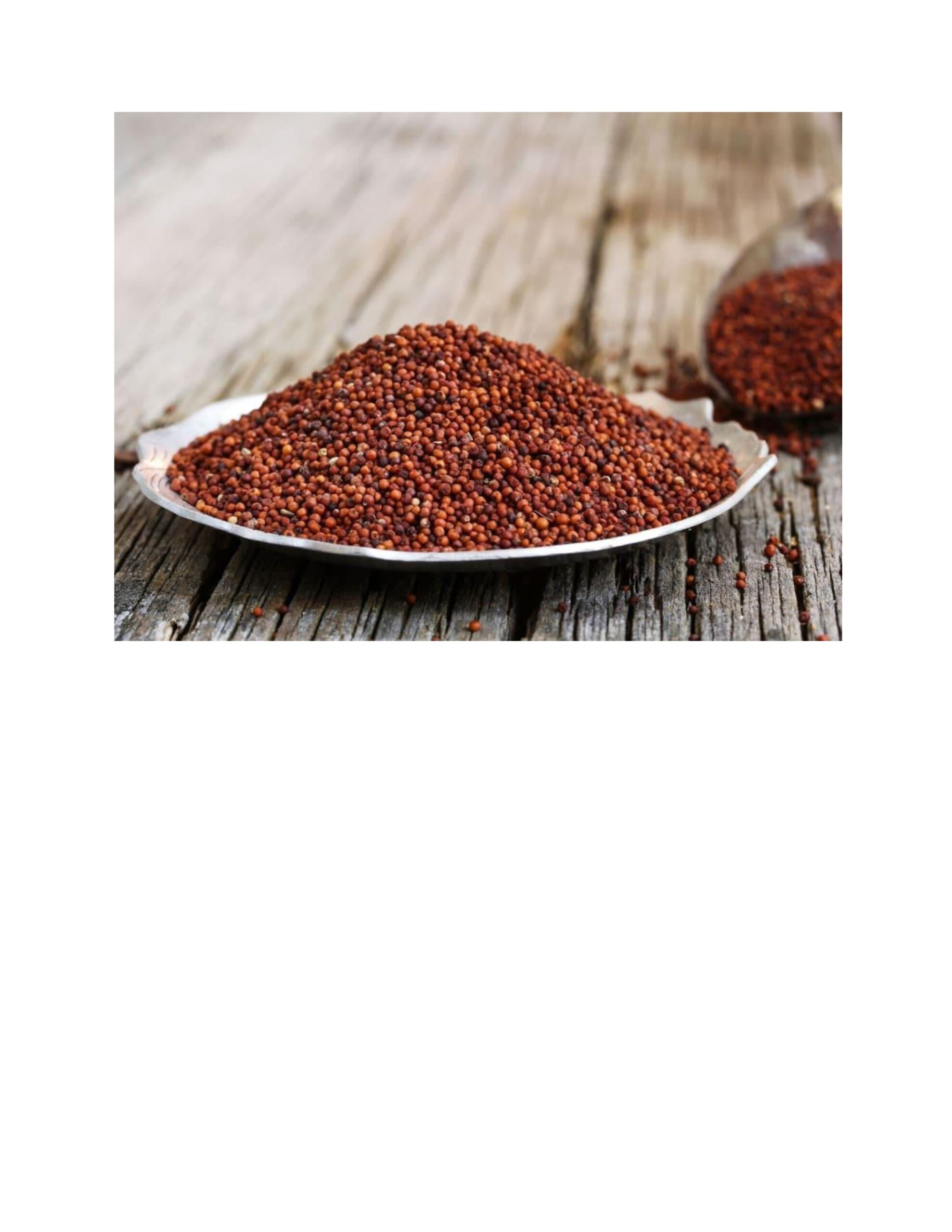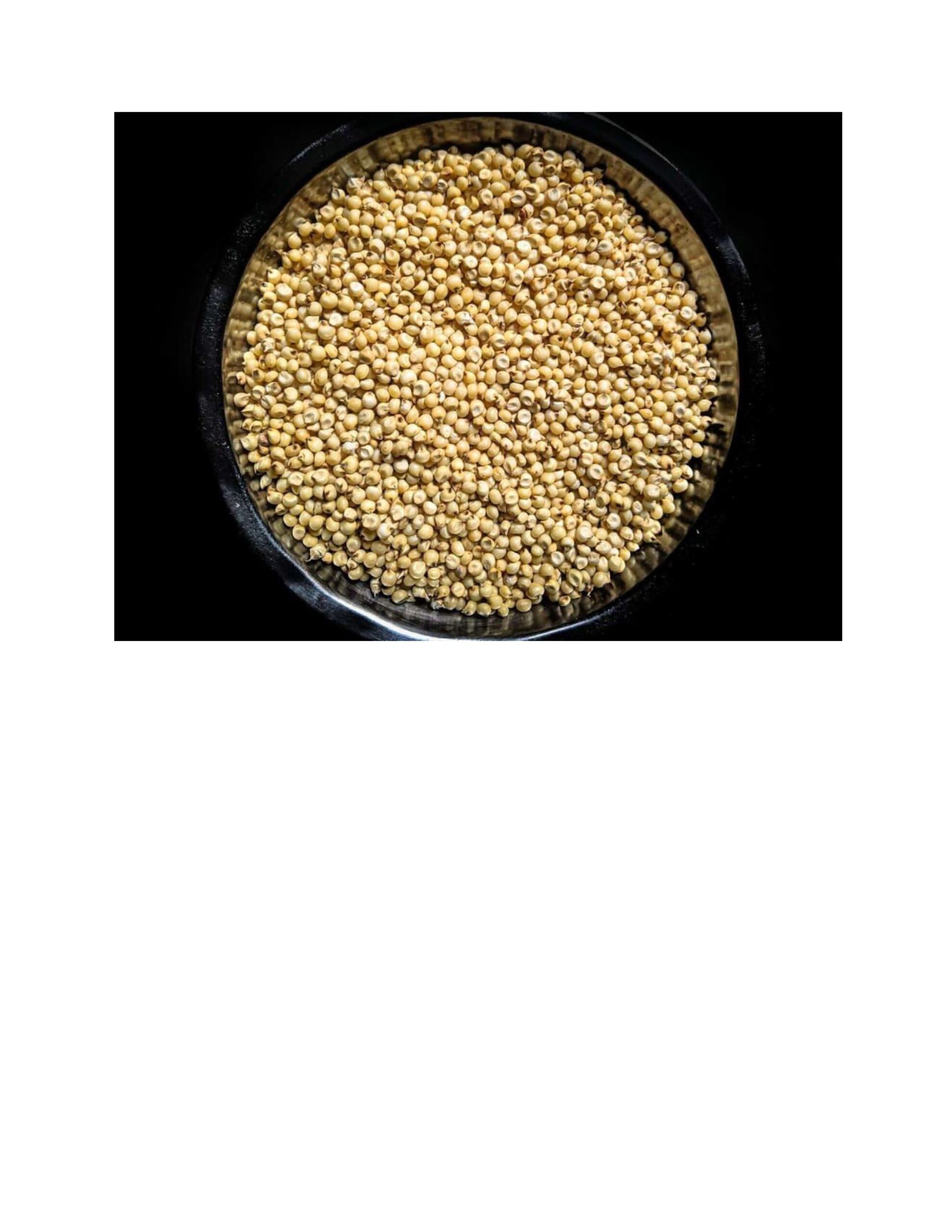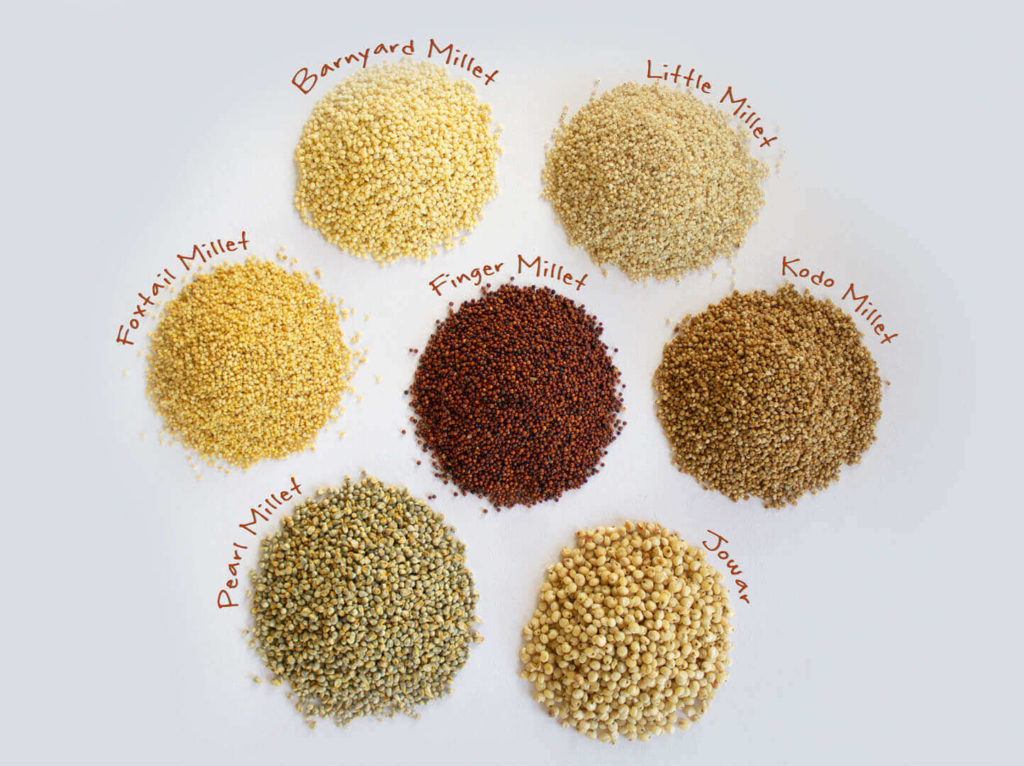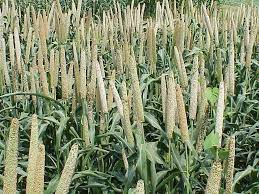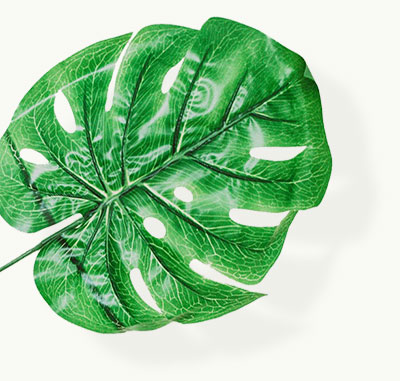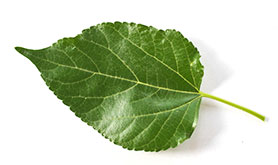Essentials
This is the section where the basic things need to be taken care of for maintaining the good health.
GUT HEALTH –
Your gut health is extremely essential for good health. A leaky gut can lead to indigestion, poor immunity, irritable bowel syndrome (IBS) and various other health issues. A gut microbiome is basically a complex community of microorganisms that live in the digestive tracts of humans and other animals, including insects. Yogurt, or curd, is a great probiotic. A probiotic is an ingredient that contains live bacteria, which are known to improve gut activity, soothe inflamed digestive systems and treat an upset stomach. A bowlful of curd is also a good source of calcium, vitamin B-2, vitamin B-12, potassium and magnesium.
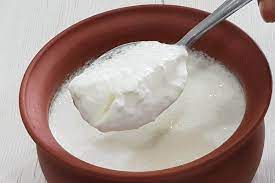
VITAMIN B12 and its source –
If ‘aam ke aam, gutliyo ke daam’ is a common saying in Indian society, it is not without any reason. Researchers have evaluated the nutritional qualities of mango kernel (gutli in Hindi or gotli in Gujarati) and have called upon businessmen and policy-makers to ensure that this high-nutrient food is not wasted.
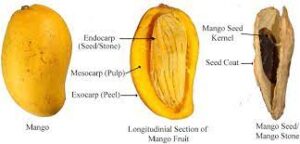
Initial research has revealed that mango kernel has high content of Vitamin B-12, which is lacking in other vegetarian diet. They also claim that it is useful in diseases like diabetes, hypertension and cancer. It can also be used as an anti-aging cosmetic product.
“Mango kernel can be used as a grain, nut and as legumes. Total kernel production in the country is equivalent to potato production.
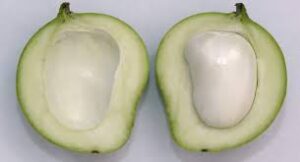
“Mango kernel has mangiferin, which cost about $180/gm, which is used to control blood sugar. About 90 per cent of diabetes patients were able to bring down their sugar level when treated with mango kernel” .

Micronutrients : Vitamins and minerals are considered as
micronutrients, required in small quantities, such as
micrograms to milligrams.
Vitamins: A vitamin is an organic compound and an essential
nutrient for normal cell functions, growth and development of
humans and other organisms. Vitamins enable the body to
break down and use the basic elements of food, proteins,
carbohydrates and fats. Most vitamins (except Vitamin D)
cannot be made in our body, so they must be acquired from
food. There are 13 essential vitamins. This means that these
vitamins are required for the body to work properly. They are
vitamin A, C, D, E, K, B1, B2, B3, B5, B6, B7, B9 and B12.
As sown in Table 3, mango kernel has antioxidant vitamins,
such as vitamin C and E and other essential vitamins such as
K, B1, B2, B3, B5, B6, B9 and B12 from 0.1mg to 1mg per 100g
and 15 IU of Vitamin A. According to Fowomola1
, mango kernel has 0.12 mg/100g (120 microgram/100g). The daily
requirement of vitamin B12 is only 2-3 microgram. If
confirmed, the mango kernel becomes the only rich source of
vitamin B12. Vitamin B12 deficiency may occur in between
40% to 80% of the vegetarian population.
Minerals:
Minerals are chemical elements that are involved
in various processes in our body. They help to regulate cell
function and to serve as building blocks for our cells and
organs. Major minerals – those needed in larger amounts –
include calcium, phosphorus, magnesium, sodium, potassium
and chloride. In addition, our body needs smaller amounts of
cobalt, chromium, copper, fluoride, iodine, iron, manganese,
molybdenum, selenium and zinc for normal growth and
health. The mango kernel contains sodium(21mg),
potassium(22mg), calcium(111mg), magnesium(95mg),
iron(12mg), zinc(1mg), manganese(0.04mg) and
phosphorous(20mg) per100g. Thus, mango kernel is also rich
in minerals [7]
.
Vitamins and mineral contents of mango kernel is comparable
to that in grains, legumes and nuts but do not provide required
RDA. Typically fruits and vegetables are richer in vitamins
and minerals than grains, legumes and nuts.
Moringa Leaves –
Amazing health benefits of moringa leaves:
1. Rich in Vitamins and Minerals
Moringa leaves are rich in vitamins A, C, B1 (thiamin), B2 (riboflavin), B3 (niacin), B6 and Folate. They are also rich in magnesium, iron, calcium, phosphorus, and zinc.
One cup of moringa leaves will contain 2 grams of protein, magnesium (8 per cent of the RDA), Vitamin B6 (19 per cent of the RDA), Iron (11 per cent of the RDA), Riboflavin (11 per cent of the RDA) and Vitamin A (9 per cent of the RDA).

It’s packed with vitamins and minerals.
Many of the healthy foods you eat have a single standout nutrient. Think carrots and vitamin A, citrus and vitamin C, nuts and vitamin E.
Moringa leaves stick out as a superfood because one cup of chopped leaves is considered a good source of iron, calcium, vitamin C, vitamin B6, and riboflavin and has notable amounts of potassium, vitamin A, vitamin E, and magnesium.
2. Rich in Amino Acids
Moringa leaves are rich in amino acids, the building blocks of proteins. 18 types of amino acids are found in them and each of them makes an important contribution to our wellbeing.
3. Fight Inflammation
Inflammation is how a body naturally responds to pain and injury. Moringa leaves are anti-inflammatory in nature due to the presence of isothiocyanates. They have niazimicin that is known to reign in the development of cancer cells. Inflammation is the root cause of many diseases like cancer, arthritis, rheumatoid arthritis, and many autoimmune diseases. When we suffer an injury or infection, the body suffers increased inflammation.

Basically, it is a protective mechanism against trauma but because of a wrong lifestyle and an unhealthy diet, inflammation can increase in the body. Long-term inflammation leads to chronic health issues. Eating moringa leaves helps to reduce inflammation.
4. Rich in Antioxidants
Moringa leaves have anti-oxidative properties and protect against the damaging effects of free radicals present in the environment. The damage caused by free radicals is responsible for many chronic diseases like type 2 diabetes, heart problems and Alzheimer’s.
Moringa leaves are rich in vitamin C and beta-carotene that act against free radicals.
They also have Quercetin which is an antioxidant that helps to lower blood pressure. Another antioxidant that is present in moringa leaves is Chlorogenic acid which helps to stabilize blood sugar levels post meals.
A study in women showed that taking 1.5 teaspoons of moringa leaf powder regularly for three months had shown a significant increase in blood antioxidant levels.
5. Lower Blood Sugar Levels
Sustained high blood sugar levels lead to the development of diabetes in individuals. Diabetes, in turn, can cause heart problems and organ damage in the body. To avoid this, it is good to keep the blood sugar levels in check. Moringa leaves are a perfect resource for that as they stabilize the blood sugar levels due to the presence of isothiocyanates.
6. Lowers Cholesterol
Apart from oats, flaxseeds, and almonds, moringa leaves are a dependable remedy against high cholesterol. Cholesterol is the major reason why people suffer from heart diseases and eating moringa leaves has known to show considerable improvement against high cholesterol levels. Moringa oleifera can lower those levels and protect against the risk of heart disease. Pregnant women usually experience higher levels of cholesterol, which can in turn increase the risk of developing gestational diabetes during their term. What is gestational diabetes? It is a type of diabetes that is first detected in pregnant women who did not have diabetes before they were pregnant. Moringa leaves can certainly be included in the diet for gestational diabetes.
Read More: 6 Simple Ways to Reduce Cholesterol Levels
7. Protects the Liver
Those who have tuberculosis can benefit greatly from moringa leaves as they reduce the negative effects of anti-tubercular drugs. The leaves accelerate the repair of the liver cells. The leaves have a high concentration of polyphenols that protect against oxidative damage to the liver and may even reduce it. They increase the protein levels in the liver.
The liver is the site of blood detoxification, fat metabolism and nutrient absorption and it can function properly only if the liver enzymes are normal. Moringa leaves stabilize these liver enzymes.
8. Protects Against Arsenic Toxicity
In many parts of the world, arsenic contamination is a common problem. Arsenic has found its way in our systems through many food items, particularly rice.
Long-term exposure to this element can lead to the development of cancer and heart disease. Research on lab animals has shown that moringa leaves to combat the effects of arsenic toxicity.
9. Good for the Stomach
Moringa leaves are beneficial against digestive disorders. Those who suffer from constipation, bloating, gas, gastritis and ulcerative colitis should add Moringa leaves to their diet.
The leaves have antibiotic and antimicrobial properties which make them an ideal remedy against digestive disorders. Even the high amount of B vitamins in the leaves helps in improving digestion.

10. Improves Bone Health
Moringa leaves are rich sources of calcium and phosphorus. Both of these elements are needed for good bone health. Since moringa leaves have an anti-inflammatory nature, they help combat arthritis and may even heal bones that are damaged.
Moringa oleifera also fights against osteoporosis and keeps bone and teeth strong
11. An Antiseptic
Moringa leaves are antiseptic and fight off many bacterial infections. They are even beneficial towards wound healing and help to heal bruises, minor cuts, and burns quickly as they reduce the clotting time.
12. Improve Lactation
In traditional Ayurvedic medicine, moringa leaves were used to increase lactation in nursing mothers. Since they are a rich source of protein, important vitamins, and essential nutrients, consuming moringa leaves is very good for the health of the mother and the baby.

13. Helps in Weight Management
Moringa leaves increase fat burning in the body. They slim down the person without depleting energy reserves. This keeps the person feeling buoyant and nourished. They reduce cravings for food and boost metabolism. They also lower cholesterol.
14. Good for Skin and Hair
Due to an abundance of antioxidants and nutrients, moringa leaves improve the health and appearance of skin and hair. They add suppleness to the skin and shine to the hair. The antioxidants present in moringa leaves reduce the appearance of fine lines and wrinkles on the skin. They have about 30 antioxidants present. Not just this, a paste of moringa leaves when applied to the scalp and the hair reduces dandruff and adds life and bounce to dull, lifeless hair. The leaves also strengthen the hair follicles. They are also good for acne-prone skin. This is why moringa leaves are part of many cosmetics. They improve the skin tone and add a glow due to their purifying nature and therapeutic properties.

Let's Bring Nature Into Your Lovely House
Use these paragraphs to focus on the topic in the headline. Make sure you keep it short and attractive.






